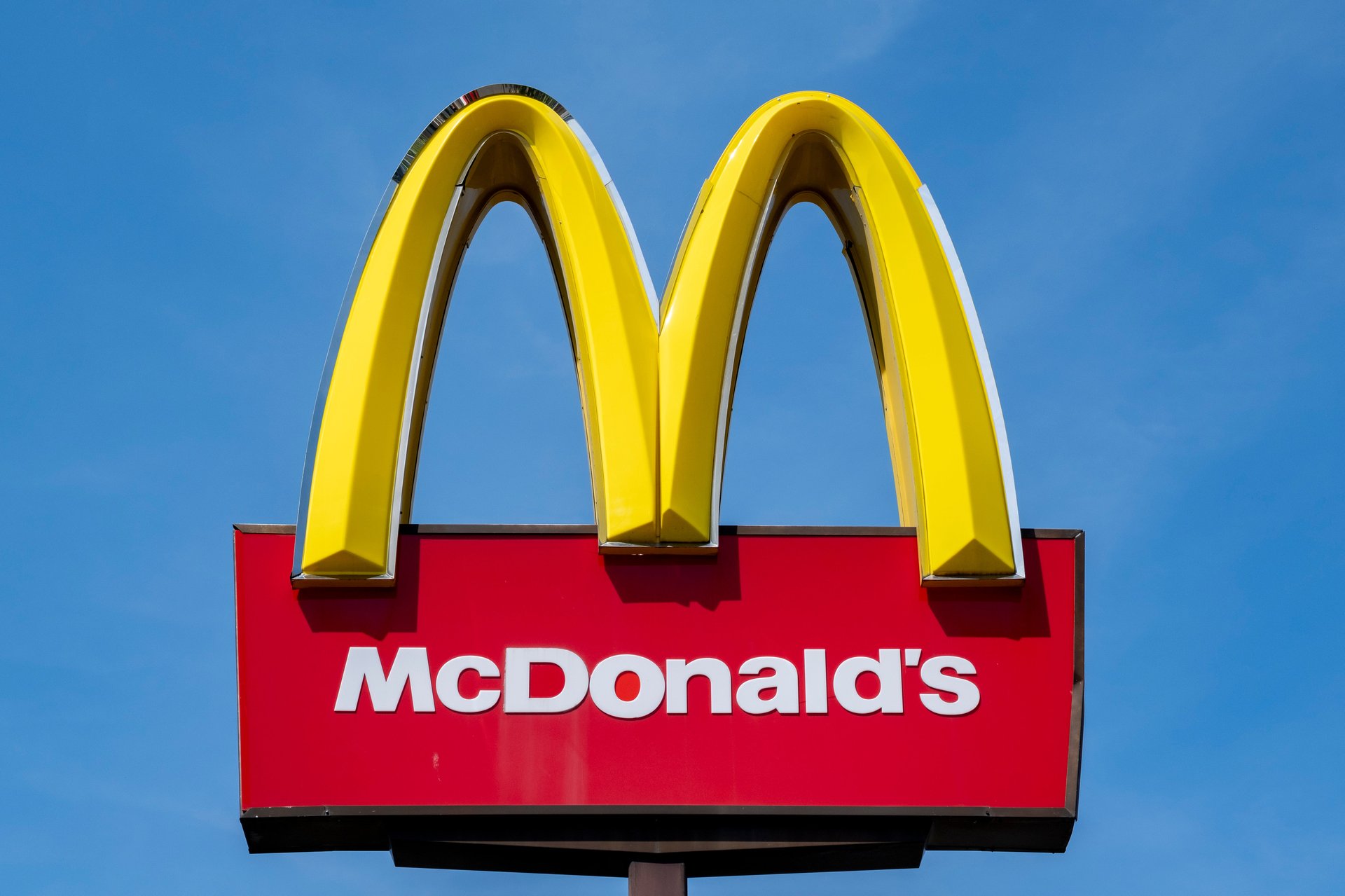The CDC has confirmed the 'likely' culprit of the McDonald's E. coli outbreak
The outbreak has led to 90 reported cases so far and one death

The Centers for Disease Control and Prevention (CDC) has issued an update confirming that slivered onions served on McDonald’s Quarter Pounder hamburgers “are the likely source” of the recent E. coli outbreak.
Suggested Reading
With 90 reported cases, including 15 newly identified, the CDC assures the public that it thinks the current risk is “very low,” following swift actions taken by McDonald’s and its supplier, Taylor Farms.
Related Content
The outbreak has resulted in 27 hospitalizations and one death. While more cases have emerged, they occurred before to the onions were removed from food service locations, according to the CDC. Most affected individuals reported consuming McDonald’s Quarter Pounders, which feature the signature slivered onions, before falling ill.
In response, McDonald’s pulled the onions and beef patties from their menus as it sought to identify the source of the contamination. The fast food giant has stated it will offer its Quarter Pounders again – minus the onions.
Additionally, Burger King (QSR), along with Yum! Brands-owned Pizza Hut (YUM), Taco Bell, and KFC, have removed slivered onions indefinitely.
The likely culprit is Taylor Farms’ yellow onions, which have since been recalled. Food service operators have been instructed to cease sales of the recalled onions and “destroy” any remaining stock. It’s important to note that these onions were distributed solely to restaurants, so they are not expected to have reached grocery stores.
As the investigation continues, the CDC urges anyone experiencing symptoms of E. Coli, such as bloody diarrhea, vomiting, or dehydration, to contact their healthcare provider.
